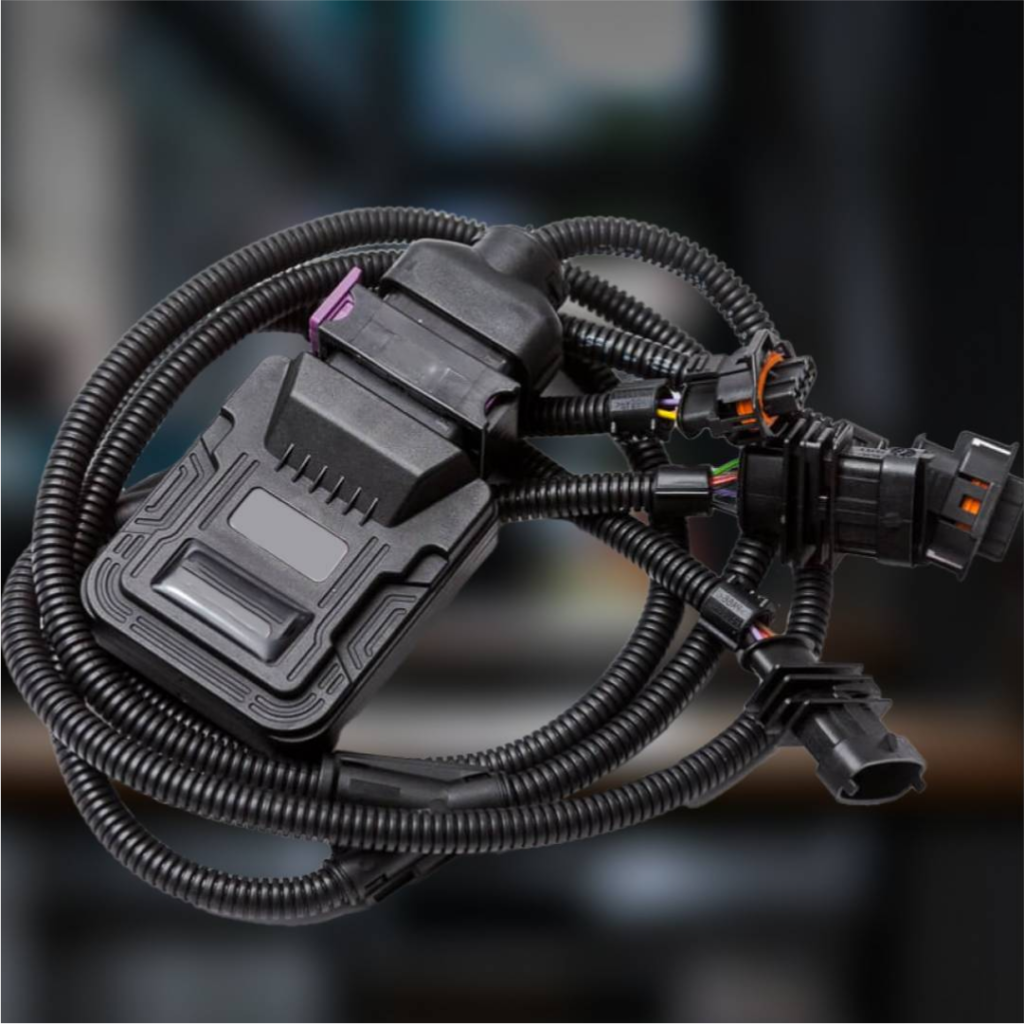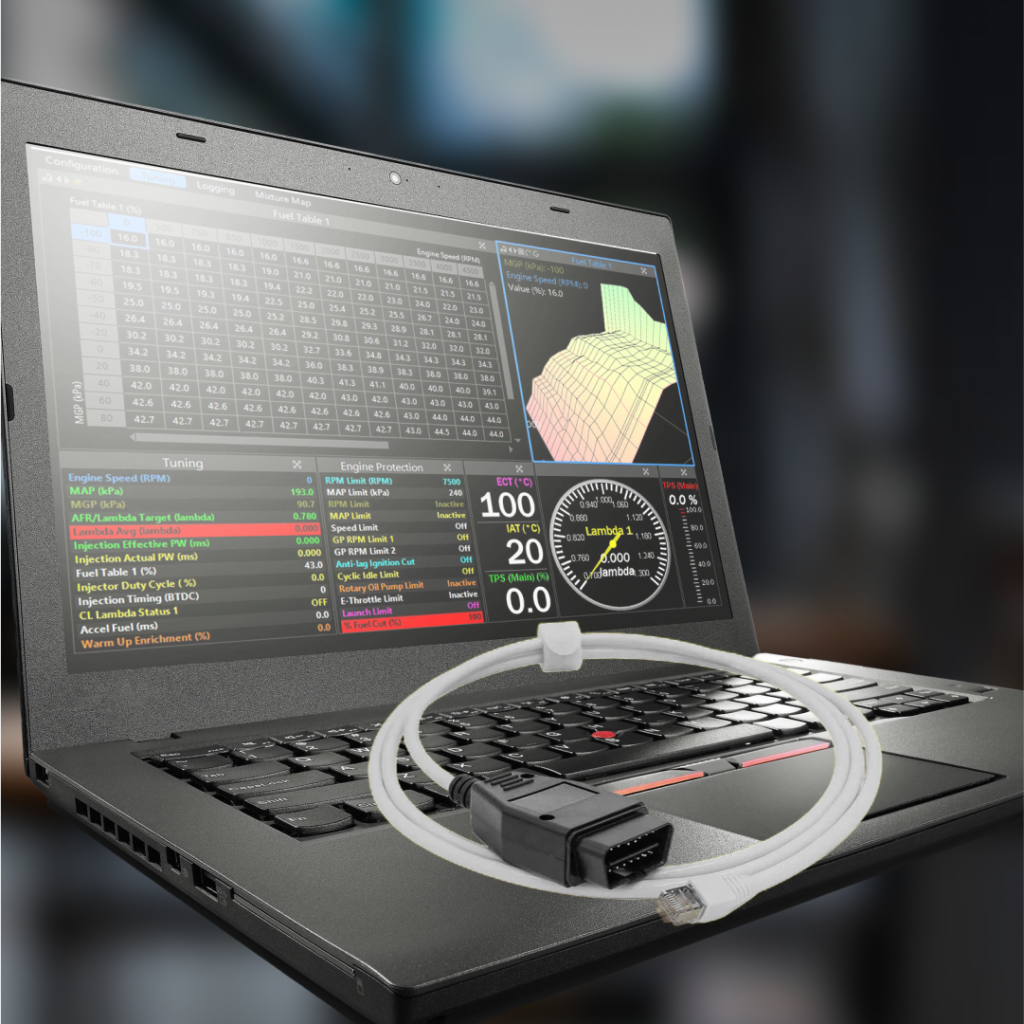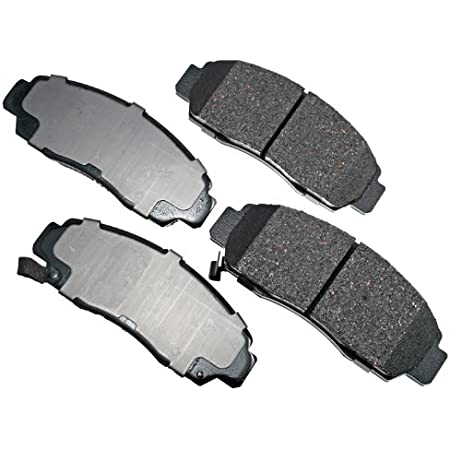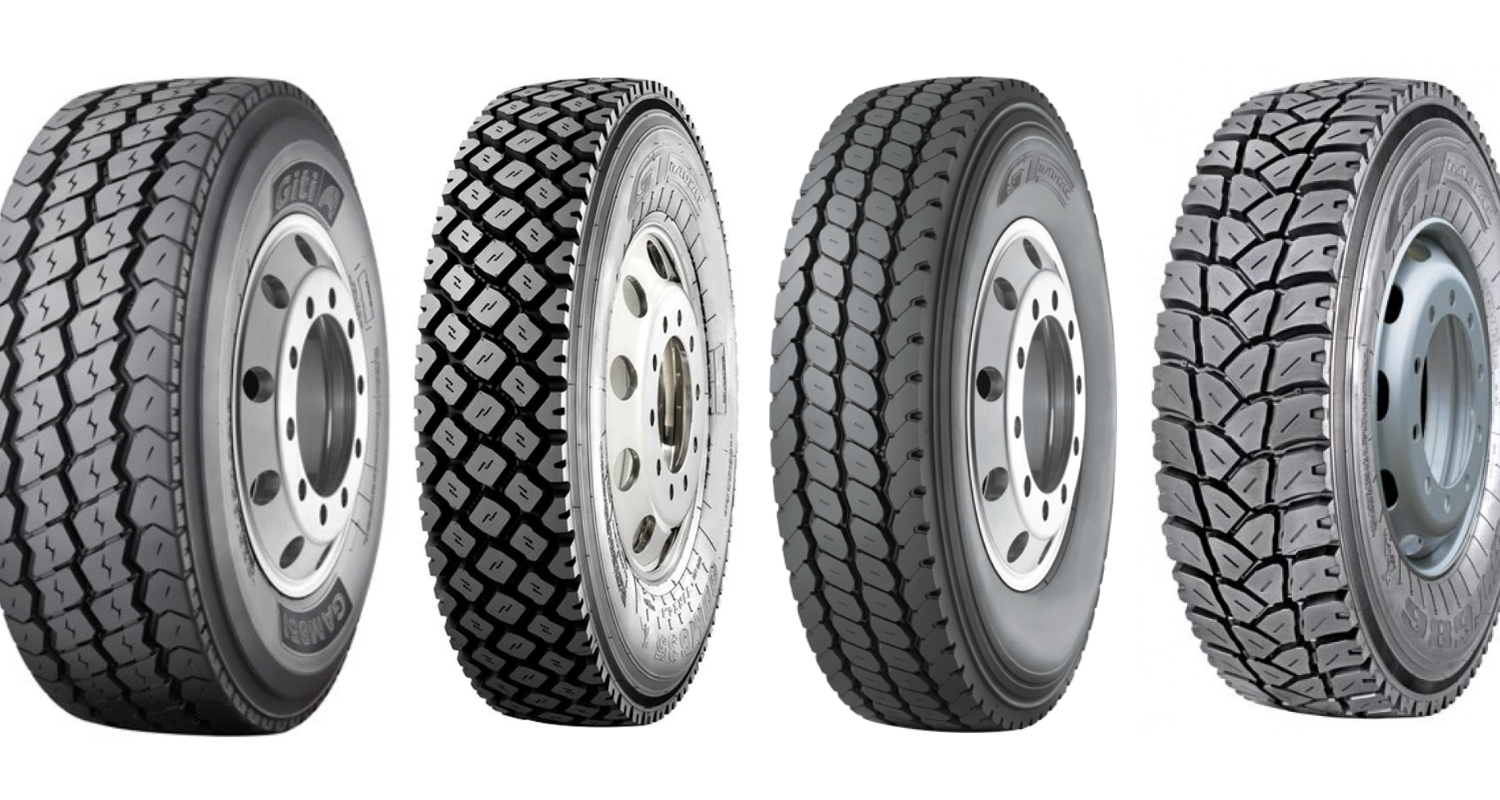If you ever wondered whether your bimmer could become just a little bit more exciting to drive or less fuel-thirsty, wonder no more. There is a straightforward and simple way to achieve both of these things, with the added benefit of improved reliability – BMW performance tuning. As simple as its advantages seem though, it has to be done right or it could, in fact, be bad for your engine.
What does it mean for a tune to be done right? What else should you know about a BMW tune? Read on to find out more.
What Is BMW Performance Tuning?
Simply put, BMW engine tuning relies on adjusting certain operating parameters, which could include things like air–fuel ratio, boost pressure, ignition timing or radiator fan speed and operation. Tweaking these should lead to improvements in the overall performance of your car.
But why is there even room for any changes in the first place?
Well, it all boils down to the design and manufacture process of modern vehicles. Car makers have to comply with different emission norms, reliability standards, and take individual engine variations into account. Because of that, they installed a universal engine control unit (ECU) map at the factory. And universality tends to be pretty conservative in terms of power.
However, where there is a need, there is also a solution. Or, in this case, two aftermarket solutions. In order to increase the power of your engine, you could either modify your ECU software or try a more rudimentary piggyback tune.

Piggyback Tuning
Just like its name suggests, modifying BMW engine performance with piggybacks consists of connecting a tuning box to various plugs under the hood. You know, similarly to taking someone for a pretend ride on your back.
The device then collects inputs from the fueling connector and sensors responsible for monitoring parameters like Mass Air Flow (MAF), turbine speed or the charge pressure. As mentioned, it’s a crude solution because it doesn’t really alter anything, but rather tricks the ECU into thinking that the affected inputs have changed.
This means that there is no way for precise adjustments. Moreover, the engine management system will try to adapt based on the new, fake data. The boost pressure will be higher without the cooling system adjustments and it could start running leaner, further increasing the risk of overheating. Not to mention premature wear of engine components.
Although they are pretty simple to install, because they work on a plug and play basis, you still have to find a place for them in the engine bay. The fact that they do not overwrite software permanently also doesn’t really make that much of a difference, since modern ECUs can detect and record changes in engine behavior.
Where the piggyback tunes fall short though, ECU tuning delivers…

ECU Tuning
Compared to a piggyback tune, BMW ECU tuning (sometimes also called chip or flash tuning) allows for a much greater control over the introduced changes. So that a BMW tuner who knows what they are doing will be able to squeeze more out of your engine, all while staying within the manufacturer’s safety limits.
They will be able to adjust almost everything: from radiator fan speed, through fuel injection, timing, ignition, to how variable valve lift or timing systems work. In other words, a comprehensive remap will let you unlock the full potential of your BMW engine, removing the factory constraints.
The major drawback?
Customization of such wide scope comes at a price – you need a lot of experience and knowledge to properly tune an ECU. It’s just something you cannot approach with a “hit and miss” attitude, as you could be risking performance worsening or even mechanical failures.
That’s why it’s so important to have an experienced BMW tuner assist you with the process, preparing a well-thought out remap just for your engine. After all, you want it to work wonders not only for your driving experience, but also for your wallet.
Does Chip Tuning Damage the Engine?
As mentioned earlier, due to the fact that it lowers operating temperatures, engine tuning is completely safe and can actually increase the reliability of your car. So no, it does not damage the engine. It improves its longevity, letting you enjoy your bimmer for much longer. However, clueless meddling with the ECU software could lead to some very serious mechanical failures.
An experienced BMW tuning company will prepare a backup of your ECU before performing this process. This is not only a precautionary measure to enable reinstalling the factory engine map, but also a way for you to go back to stock, if you feel the remap isn’t what you were looking for. Afterwards, they will install a custom tune tailored to your BMW engine model, taking into account any variables discovered during the tuning session.
Despite the fact that BMW chip tuning has the potential to make your car more reliable, keep in mind that it will void the drivetrain warranty. Even if you uninstall the tune before visiting the dealership for a regular checkup, the service crew might still detect changes of the engine operating parameters.

What Changes after the BMW Performance Tuning?
Okay, but what does BMW engine tuning do exactly? For you, not for the data charts. If you decide to tune your car, you can expect changes in three key areas. Changes that you will actually notice in your everyday use of the car, mind you.
Performance
Tweaks and adjustments of the engine parameters will provide you with a much smoother power delivery, more power and torque, as well as improved overall throttle response. This, in turn, will let you have full confidence when overtaking, merging onto the highway or crossing dangerous intersections. Yes, we say that better acceleration means more safety.
Fuel Consumption
With the ECU tune, your BMW will get a noticeably better mileage under normal driving conditions. The remap controls precisely how much fuel is sprayed by the injectors into the combustion chamber to make them keep up with a turbocharger that now sucks more air in. A pleasant side effect – your engine uses just the right amount of gas at all times.
Durability
BMW engine tuning should also positively affect the longevity of your car. Oftentimes, factory-tuned cars run a bit hotter than they could. A proper ECU tune should significantly lower the operating temperature, reducing the wear and tear of internal components.
To sum it all up – BMW performance tuning has the potential to let you enjoy your car for the first time, again. And at a fraction of the cost of buying a new bimmer.

How to Safely Tune Your Engine?
If you would like to have your engine safely tuned by ECU tuning professionals, check out Awaken Performance by BimmerTech. Their article on BMW engine tuning options covers the topic in detail, explaining all the pros and cons.
As far as BMW tuning companies go, they take care of everything, including setup and installation. What’s even greater is the fact that the entire tuning process is conducted remotely – so you don’t have to leave your driveway! Additionally, their after-sales service will make sure you are happy with the results. However, in case you decide the changes don't feel right for you, they’ll revert the factory settings within the limited time money back guarantee.







